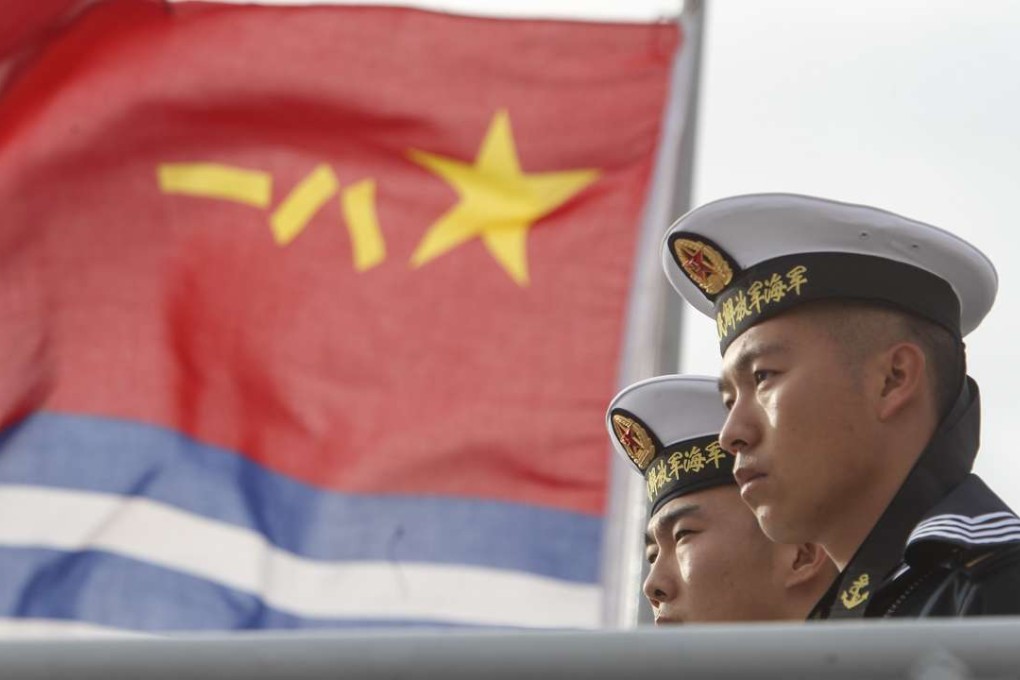‘China doesn’t want to be the new America’: why Trump needn’t clash with Beijing
During a recent speech in Hong Kong, former Singapore foreign minister George Yeo gave an expansive view of US-China relations amid uncertainties about how president-elect Donald Trump would handle the relationship. This is an edited version.

Sino-US relations are probably the single most important set of relations in the world today, and they are complex.
We have, from January 20, a new United States president. I think president-elect Donald Trump has to be taken seriously, despite all the jokes made about him and some of his remarks.
His remarkable achievement was not in defeating Hillary Clinton. It was in defeating a whole line of Republican candidates, many of whom were pretty credible. But one after another they were toppled, and that’s because he was able to plumb deep and tap upon a deep undertow of dissatisfaction and disaffection.
But that’s American politics. He has assembled an impressive group of people to help him. And right now they speak with divergent voices because they’ve got to clear US Senate approval and everyone has to play to the gallery.

So you get remarkable comments like that made by (secretary of state nominee) Rex Tillerson that the US should prevent China from accessing what China takes to be her islands in the South China Sea – which must lead to war. I don’t think he’s that ignorant, or that unreasonable.
We do know that Trump has certain deep instincts. He sees a lot of problems in American society. He wants to reinvigorate it. So trade has to be fair, in his mind. I’m not sure it’s going to help just by arm-twisting automobile companies to manufacture in the US, because the global economy is much more complicated than that.